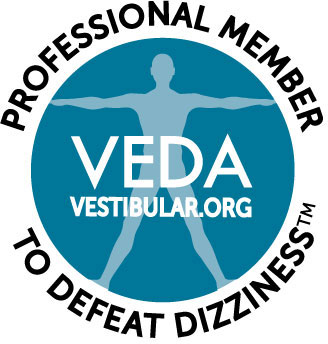Though we all know that a stroke can have a profound effect on speech and facial muscles, not as much is said about how it affects the vision. Our ability to see involves the brain as well the eyes, and the damage a stroke causes in the brain can have a direct impact on the eyes’ visual pathways.

Senior couple walking in a park
A significant percentage of stroke victims do experience vision problems – up to two-thirds, in fact. These problems are more common with strokes that affect the right side of the brain, and may include blurred vision, double vision (diplopia), field loss (hemianopia) and vision processing problems.
Vision Problems That Can Be Brought On by Stroke
Strokes can alter vision in a variety of different ways. Here are a few examples:
-
Blurred and double vision (diplopia). In order to see clearly, our eyes have to be able to work in coordination with each other. A stroke can damage the nerves that move and align the eyes, which affects the eyes’ ability to work as a pair and results in blurred vision and/or double vision that make it hard to focus on objects.
-
Field loss (hemianopia). Hemianopia is a type of vision loss that can occur after a stroke, which affects either the right or the left visual field of both eyes. The degree to which the visual field is compromised depends on which area of the brain was damaged, and the extent of the damage.
-
Vision processing issues. Even if you have perfect eyesight, if your eyes aren’t processing visual input correctly, your vision will be affected. This can lead to people ignoring objects or other people because they don’t realize they’re there, and can cause difficulties in interpreting and processing text.
While for many, loss of vision due to stroke is permanent, in some cases treatment is possible. For double vision caused by stroke, prisms like those in the aligning prismatic lenses prescribed at the Neuro Visual Center of New York can be used to help resolve symptoms.
Make an Appointment at the Neuro Visual Center of New York
If you or a loved one have experienced a stroke and are suffering from any of the visual symptoms previously described, a comprehensive neurovisual examination by our doctors can help determine the extent of the damage and what, if anything, we can do to help. Give us a call today at (516) 224-4888.





